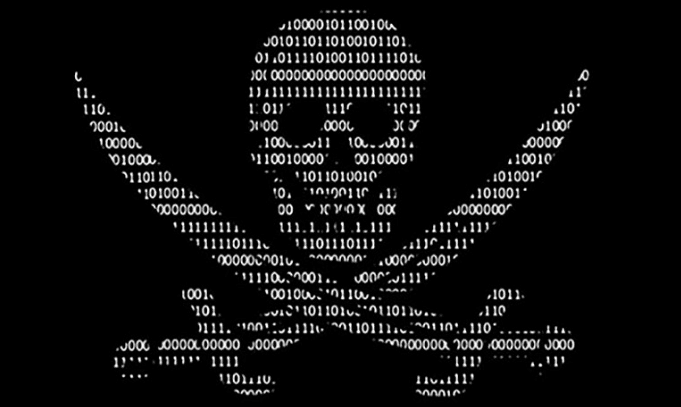The wild west of Internet is filled with malice and unforeseeable threats, especially when it comes to data privacy and user information being leaked. Every few days, a new data leak happens, leading to more mayhem in the virtual world. While usually these leaks happen through mere coincidence, other times, they are premediated, as is the case with this new revelation. According to a report by the Wire (and many other news agencies globally) Spyware ‘Pegasus’, usually sold by the NSO Group in Israel, may have been used to conduct surveillance on about 300 Indians.
The list includes 2 Cabinet ministers, about 40 Indian journalists, scientists, government officials and more.
Pegasus is a sophisticated malware that can be used to track phones for malicious intents. Earlier, to install it on a phone, all a hacker had to do was make the user click on a link, which would then compromise his/her phone. However, over time, the spyware has matured, and can now be installed using just a missed WhatsApp call.
A leaked database of about 50,000 phone numbers that were infected by this spyware was recovered by French media nonprofit, Forbidden Stories, and Amnesty International, which then shared it with media organizations around the globe for a collaborative investigation called the Pegasus project.
India was among the top 10 worst hit countries, with Mexico taking the top spot, with 15,000 at risk devices.
The Wire’s Siddharth Vardharajan and Rohini Singh, The Hindu’s Vijaita Singh and independent journalists Prem Shankar Jha and Swati Chaturvedi have all become victims of this new attack.
Pegasus is an expensive targeted surveillance tool, and thus, those that orchestrated this scheme seem to be having a motive. However, even though there was clear evidence of Pegasus tracking, it’s not clear if a hacking attempt was successful, which can only be ascertained using digital forensic analysis.
It is being claimed that Pegasus is usually sold to governments around the world to conduct surveillance, an allegation that can lead to a lot of outrage during the soon to begin Monsoon session of the parliament.
The Tech Portal is published by Blue Box Media Private Limited. Our investors have no influence over our reporting. Read our full Ownership and Funding Disclosure →






